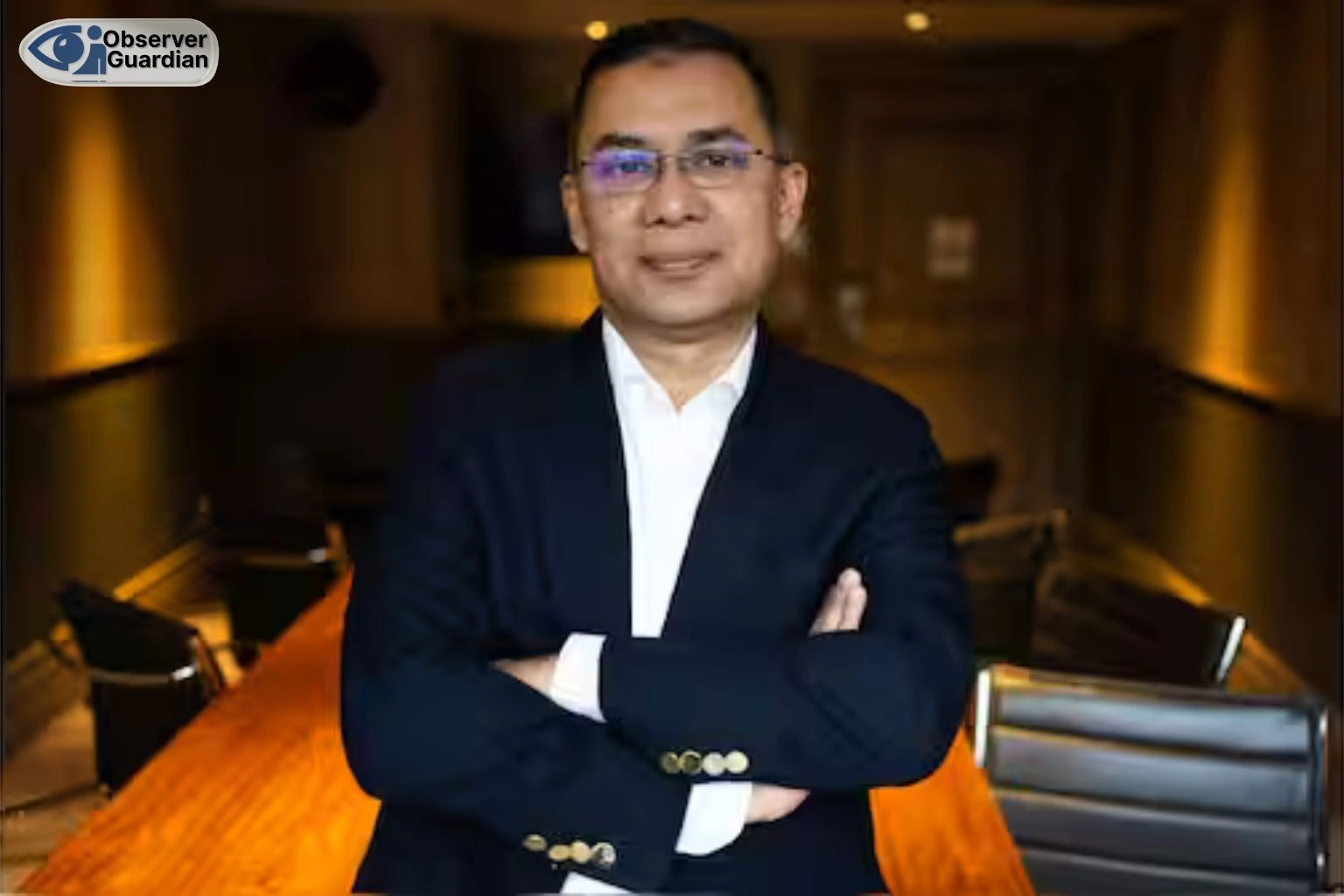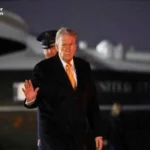Tarique Rahman, the acting chairman of Bangladesh’s main opposition party, the Bangladesh Nationalist Party (BNP), is planning to return to his home country after nearly 17 years in exile. Based in London since 2008, Rahman signaled that he is ready to come back and play a central role in the upcoming elections. His long absence from Bangladesh’s political scene, coupled with legal and political developments, makes this a pivotal moment for the country’s politics.
Background
Rahman, 59, is the son of former Prime Minister Khaleda Zia and former President Ziaur Rahman. He has held a leading role in BNP affairs despite his exile. During his years abroad, numerous legal cases and convictions have loomed over him, many of which he and his party have long described as politically motivated. Recently, a High Court acquitted him in the 2004 grenade attack case, which has cleared a major legal obstacle to his return.
In a recent interview with BBC Bangla, his first in nearly two decades, Rahman expressed frustration over restrictions that prevented him from speaking freely in Bangladesh in past years. He also stated that now is the time to return and serve the people. The interview was seen as a signal that he intends not just to come back, but to re-engage actively in domestic politics.
Iran Eyes Expansion of Pak-Saudi Security Deal into Regional Pact
Return Plans & Political Implications
Rahman hinted that his return will coincide with the elections, positioning himself as a candidate prepared to lead BNP and contest power. He expressed confidence in his party’s ability to win and noted that the time for his return is very close. He also proposed alliances or cooperation with newer youth-led political movements, signaling a potentially broader coalition ahead of the vote.
If Rahman succeeds in returning and regaining political footing, it could dramatically reshape Bangladesh’s political landscape. The ruling party, the Awami League, is already under pressure from protests, legal reforms, and institutional shifts. But there are key challenges ahead: negotiating security and legal guarantees, managing political polarization, and convincing voters that his return won’t reignite conflict.







